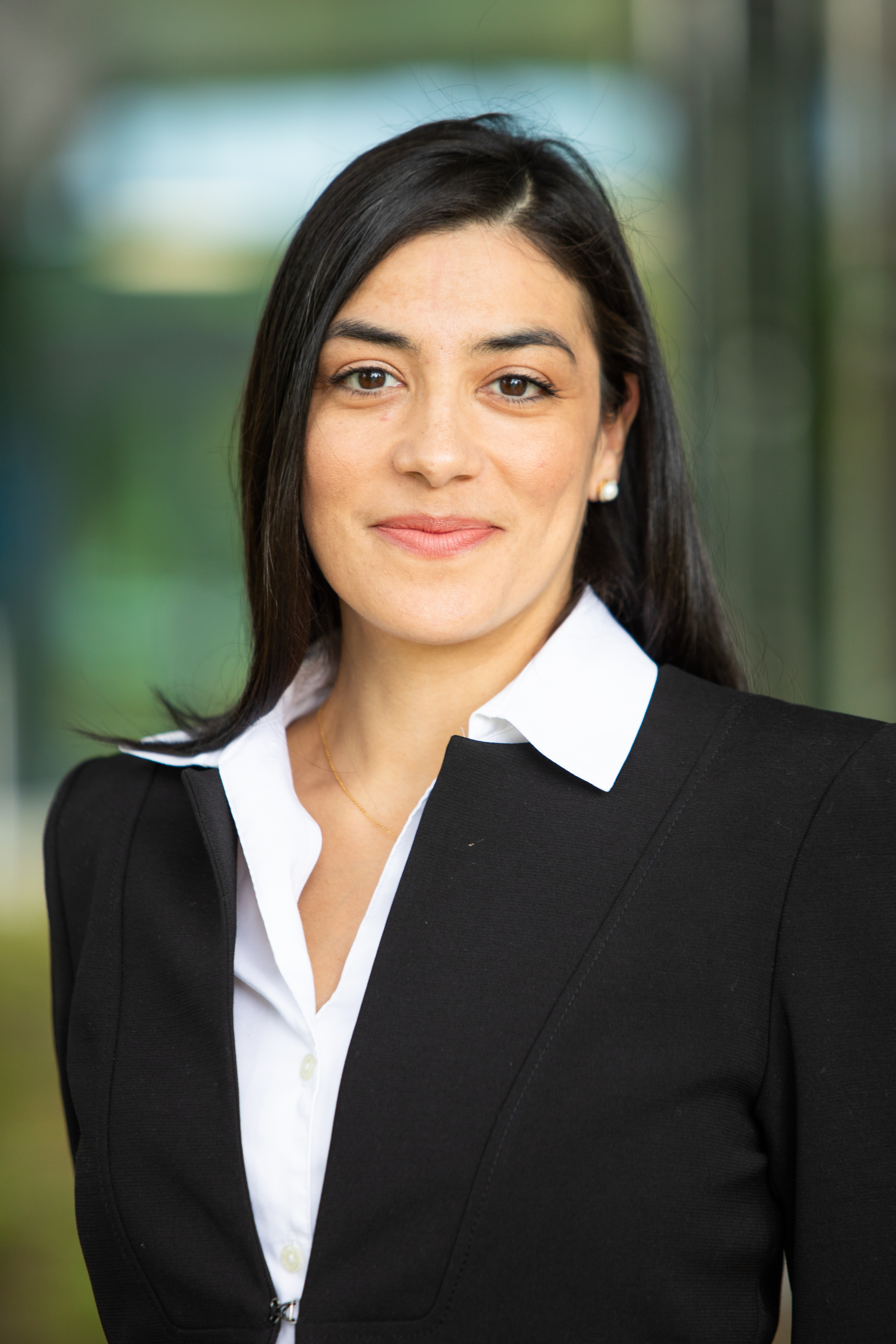Abstract
The goal of this project is to achieve coordination and localization among robots, even if some of the robots are behaving in an untrustworthy way. The approach is to use communication signals, and to control the motion of some robots, to learn about the environment and other agents in a way that provably supports coordinated behaviors. Multi-agent Cyber-Physical Systems (CPS) are poised for impact in society as self-driving cars, delivery drones, and disaster response robots. The results from this project will lead to improved mission intelligence for robotic platforms with significance across many areas: from Search and Rescue (SAR) tasks, to CubeSats and space exploration. The project includes tight integration between research tasks and educational activities, including participation in Hack for Humanity where students will explore SAR tasks.
This project will derive the algorithmic foundations of robust and secure contextual awareness for coordination of multi-agent CPS by bridging robotics and communication. A core enabling capability for these systems is secure, robust, contextual awareness and coordination. Agents must know their state, others' states, and how best to use this information to coordinate and complete mission-level goals. However, while this need is universal, the CPS themselves are not. Thus, there exist technological barriers to obtaining this critical information across heterogeneous platforms. An algorithmic and mathematical framework will be explored to 1) combine communication and mobility control of CPS agents to enable communication-as-a-sensor that unlocks a new understanding of interactions with the world and 2) capture the impact of this information on reliability, robustness, and security of multi-agent tasks.
Performance Period: 05/01/2019 - 04/30/2024
Institution: Arizona State University
Sponsor: National Science Foundation
Award Number: 1845225
